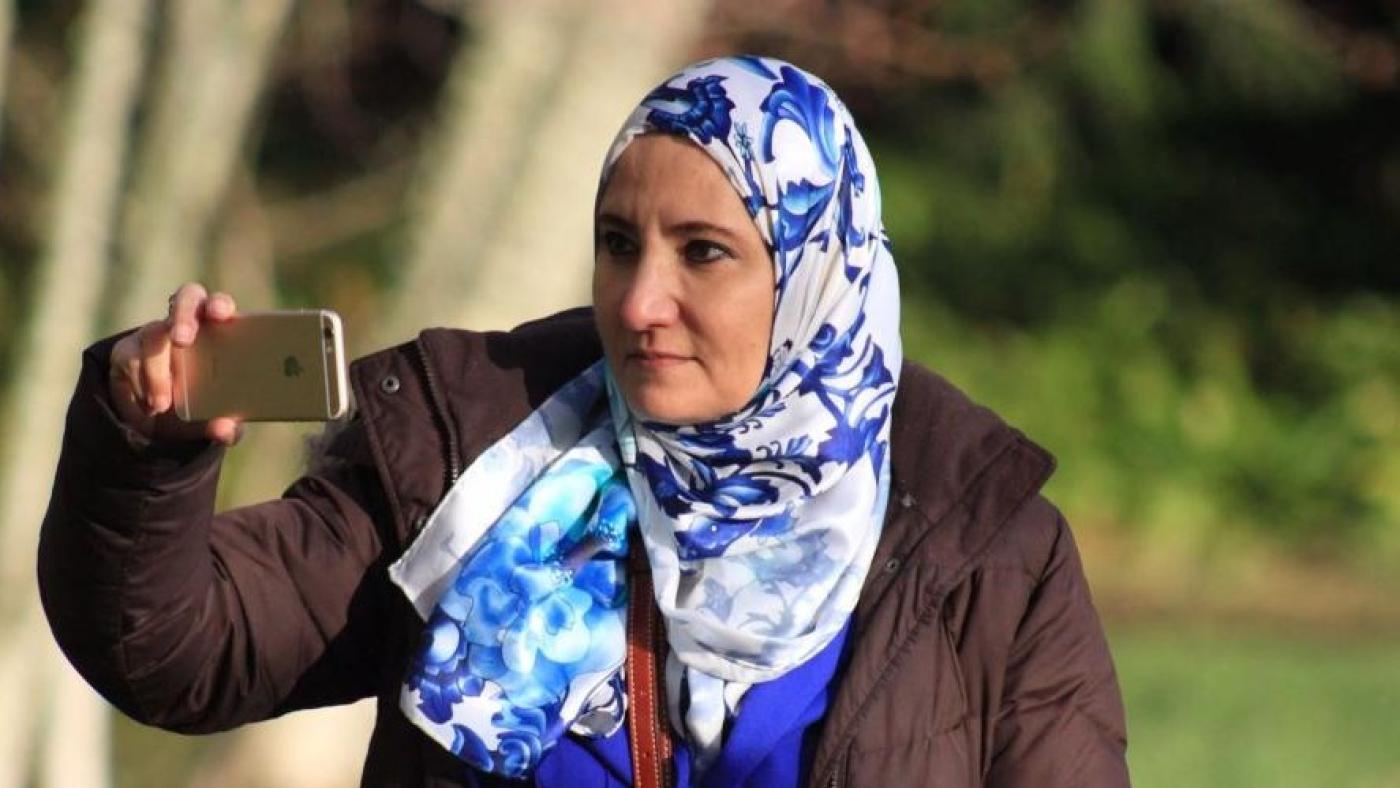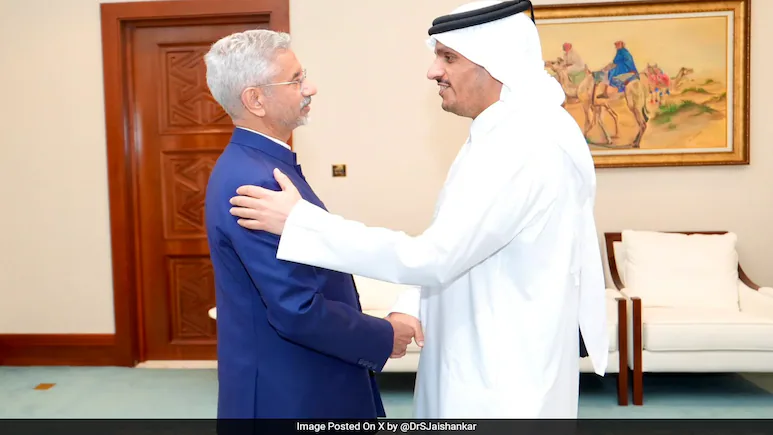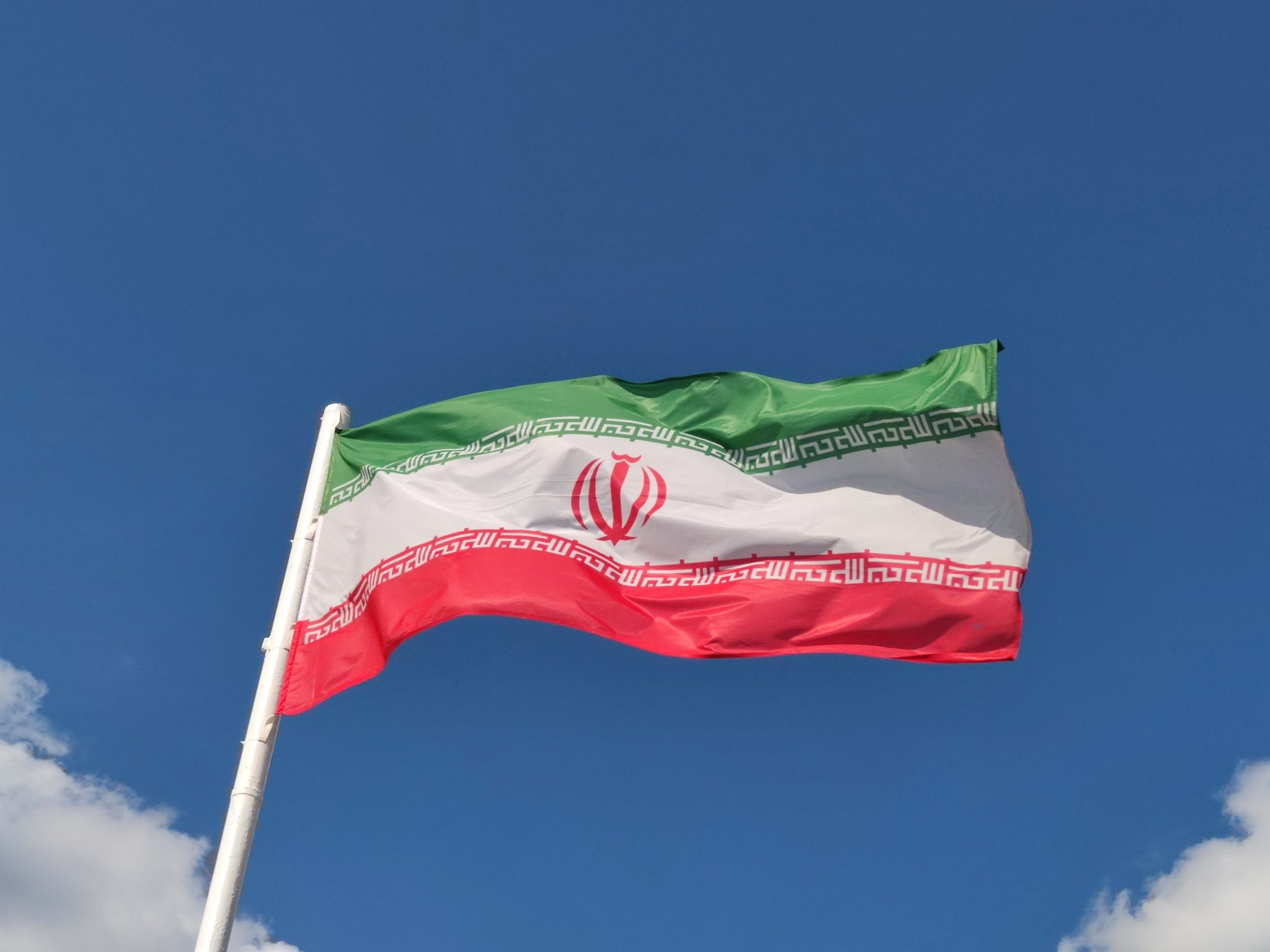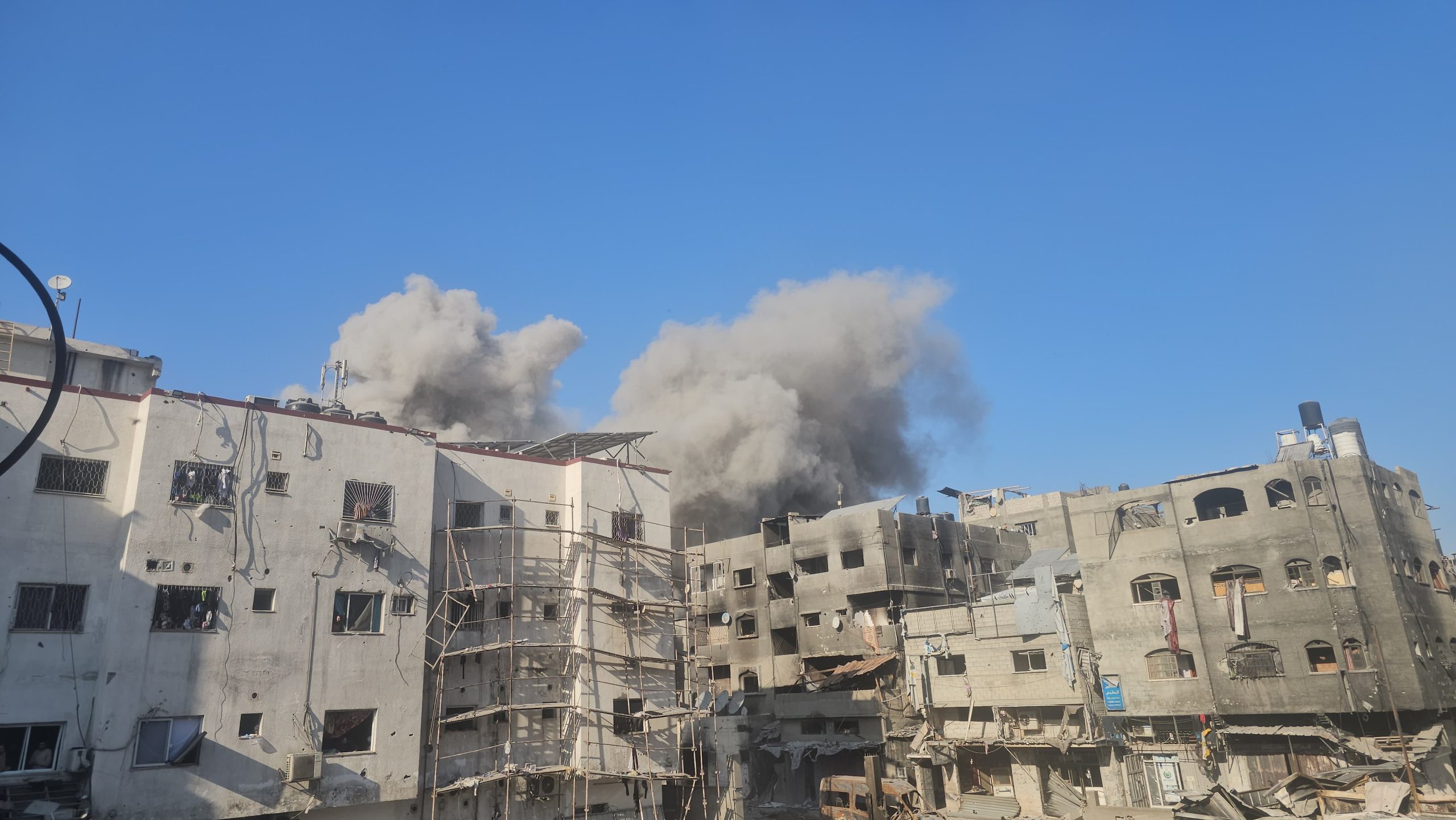Ola Al-Qaradawi, daughter of renowned Qatar based scholar, Shaikh Youssef Al-Qaradawi, has been released after four years in prison per a judge’s order.
Egypt’s prosecution released Ola Al-Qaradawi, 55, the daughter of prominent Muslim scholar Youssef Al-Qaradawi, last Friday after imprisoning her for four years, two of which were spent in solitary confinement, a practice that human rights activists say amounts to torture if overused.
Al-Qaradawi’s release takes place during a pending investigation, per orders from Egypt’s Public Prosecution Office. Al-Qaradawi had been imprisoned with charges of “joining a terrorist group and financing terrorism,” a separate charge from another case in which she was standing trial alongside her husband Hossam Khalaf, 58, for opposing the regime of General Abdelfatah Al-sissi.
On June 30, 2017, Egyptian authorities arrested Ola and Hossam and renewed their dentition periodically despite neither of them being convicted of a crime. Khalaf is believed to still be held in solitary confinement and remains to be charged.
Al-Qaradawi’s defense team consistently argued that her detention had been based on trumped up charges and that her political imprisonment was due to her being the daughter of Sheikh Yusuf Al-Qaradawi, who had been exiled to Qatar in the 1970’s and stripped of his Egyptian citizenship.
Al-Qaradawi, who was first arrested on July 3, 2019, was released by a judge’s order in accordance with article 143 of Egypt’s Code of Criminal Procedure, which states that any prisoner held for over two years in pre-trial detention must be released.
Until Al-Qaradawi’s release last Friday, prosecutors had renewed her detention every 45 days, a common tactic used against political opponents of Egypt’s current regime.
Read also: Al Jazeera journalist ‘forcibly disappeared’ in Egypt upon arrival
Despite the order, Egyptian authorities did not release her until a December 31 verdict. During a court session, Al-Qaradawi’s defense team claimed “that she has not committed any act of violation against the law, and her arrest and detention are based on false accusation”.
New York-based watchdog, Human Rights Watch, first described Al-Qadrawi’s arrest as part of Egypt’s “despicable records,” according to former Middle East and North Africa executive director Sarah Leah Whitson.
“Egypt’s prosecutors have made a mockery of the law, creating fantastic new charges of al-Qaradawi’s terrorist activities in prison, just to keep her imprisoned,” Whitson said days after Al-Qadrawi’s initial arrest.
The arrest of Al-Qaradawi and her husband came amid a crackdown on opponents of Abdel-Fatah Al-Sissi’s regime in 2017. As many as 40,000 to date are estimated to have been arrested on false charges and branded as terrorists for publicly criticizing the Egyptian leader and for belonging to the now-outlawed Muslim Brotherhood. Some have even been executed, earning Egypt the spot as one of the top three countries to actively practice and execute the death sentences, according to Amnesty International.
Many arrests of prominent journalists working for the Qatar-based Al-Jazeera Network remain in place, with rights groups denouncing their imprisonment as unjust, describing Egypt’s prison conditions as inhumane, and clearly stating that their detention poses grave human rights violations. The latest Al-Jazeera journalist to be jailed in Egypt was Rabie, Al-sheikh who was detained by security forces after he arrived to his native country on holiday.
Commentators are speculating whether the arrest of Al-Qaradawi, who was a former employee at Doha’s embassy in Cairo, is linked to Egypt and Qatar’s recent diplomatic rapprochement, or whether its a prelude for more releases of Egypt’s prisoners of conscience.
Updates on Al-Qaradawi’s whereabouts or return to Qatar are yet to be announced.
Follow Doha News on Twitter, Instagram, Facebook and Youtube







